Barton was the fastest pilot area in completing all interventions: thanks to an excellent organisation of the team and the valuable support of the Citizen Mobility Community, the first piloting phase was closed by mid-June and data analysis started immediately after. The results will be disclosed during a Presentation Day, and discussed in view of the scale-up during the Hack Day and the Quadruple Helix Stakeholder Workshop in August.
While data collection was not always easy due to survey fatigue and costs (Barton is a site for many studies, so that local inhabitants are asked to fill in numerous questionnaires), citizen involvement proved successful and led to the creation of synergies with other organisations, such as Oxfordshire Welfare Rights.
The three interventions piloted by the Oxfordshire County Council with the support of University College London were aimed to empower Barton residents’ to use available transport services. One intervention consisted in testing the Demand-Responsive Transport (DRT) service by offering 8 trips to a supermarket for free. In total, 24 passengers took part in the interventions and expressed their satisfaction with being able to go to an affordable supermarket without paying a taxi. Barton is a food-desert and local residents cannot always go grocery shopping at the closest supermarkets, which tend to be more expensive, yet paying the journey to reach cheaper supermarkets is not necessarily a better option. A cost-benefit analysis will be done to assess whether the DRT service can provide a cost-effective solution for Barton residents to move around the area.
The second intervention targeted Concessionary Pass holders and aimed to provide them with clearer and more extensive information on the benefits of the Concessionary Pass. While it is assumed that recipients know how to use the Pass, it was found that awareness is generally quite low. Therefore, Barton Citizen Mobility community created brochures with key information and distributed them to around 40 people. Surprisingly, over 100 brochures were taken, which suggests that the need may be even bigger than expected.
Finally, the third intervention served to make 8 people comfortable with using the DRT booking app and overall increase their digital skills in order to be able to benefit from travel apps in general. Training took place face-to-face and was hands-on: participants were invited to apply what they had learnt and even train other people. Although the team faced many challenges, the pilot was successful and ended up being extended of a month. Participants who did not have a smartphone or a data plan were provided with basic smartphones and 1-month free data plan and the long-term benefits of such investments were explained to participants (for example, it would be cheaper for them to pay a monthly data plan and be able to check travel apps for the cheapest option to reach a certain destination than pay a taxi to get there). The training seems to have had positive outcomes not only in terms of upskilling participants, but also concerning social aspects, such as the community feeling among participants and a boost in participants’ own confidence. Eventually, people have become more appreciative of travel apps, feel more confident in using smartphones and applications and more knowledgeable overall. In the long term, the information and skills acquired during the training can lead them to use more public transport and become more mobile, which would positively affect their capacity to access services (e.g. hospitals) or visit other people and feel more connected and reduce the environmental footprint.
You can also ready about Cities-4-People’s awareness raising efforts on CIVITAS website.
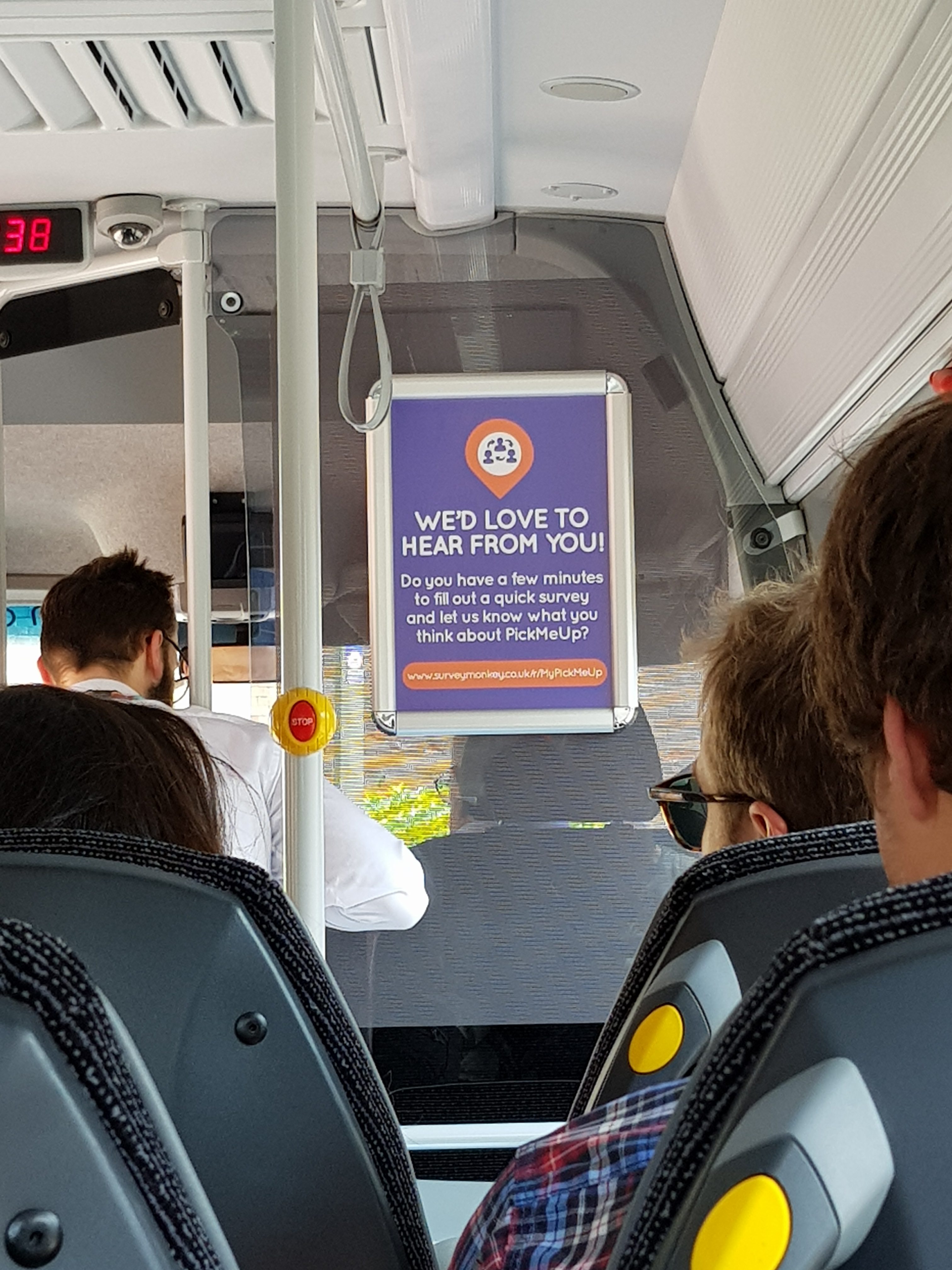
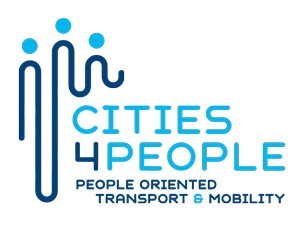
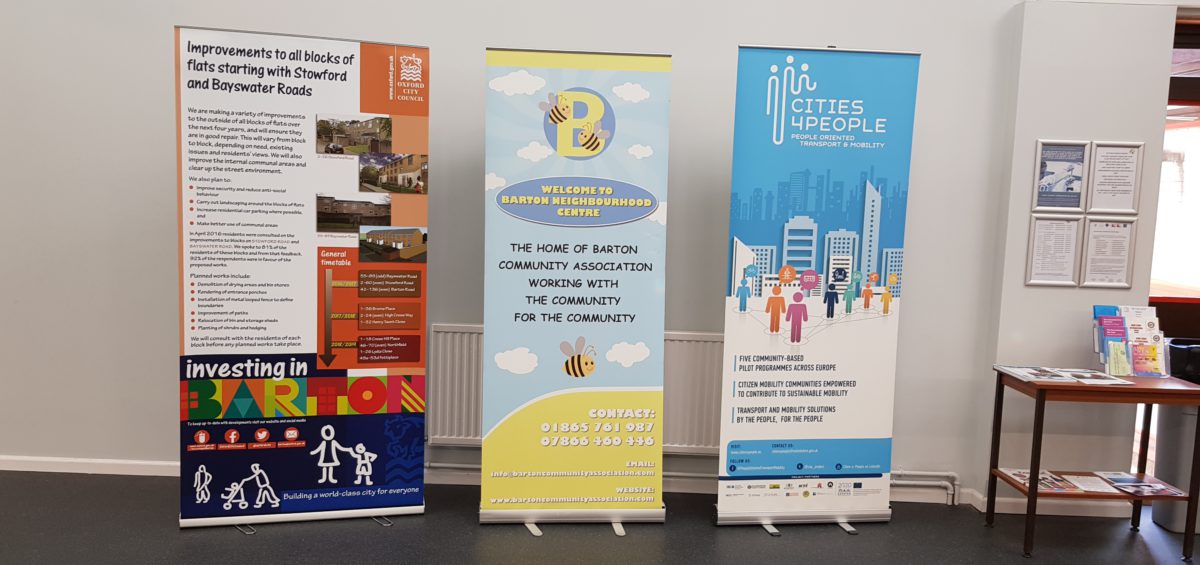




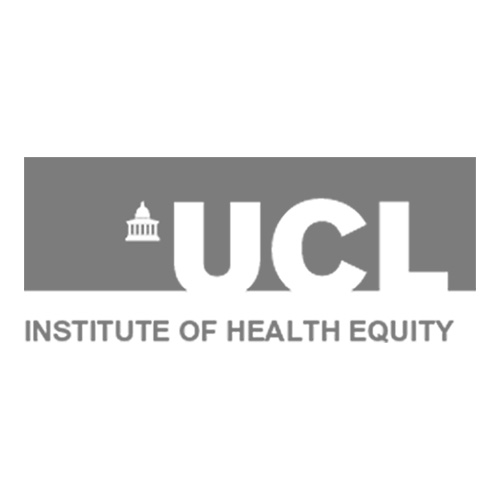



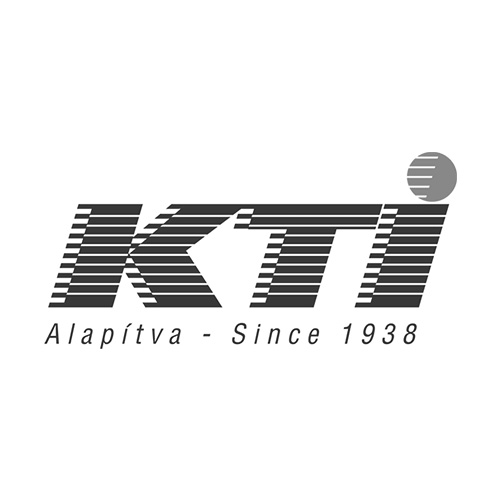
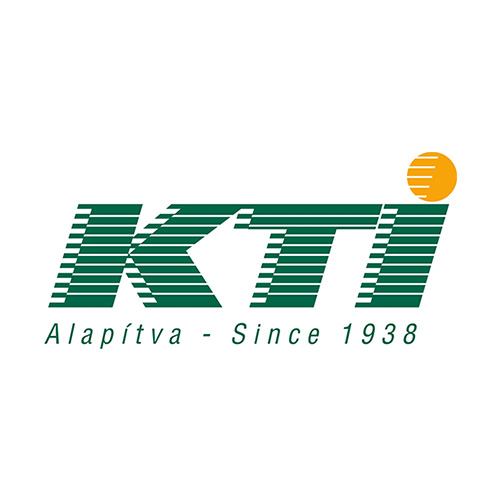
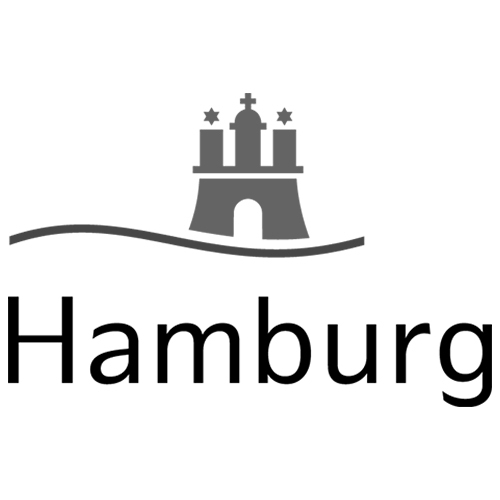
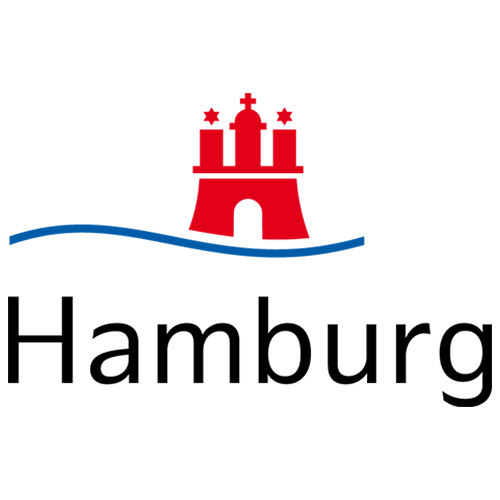
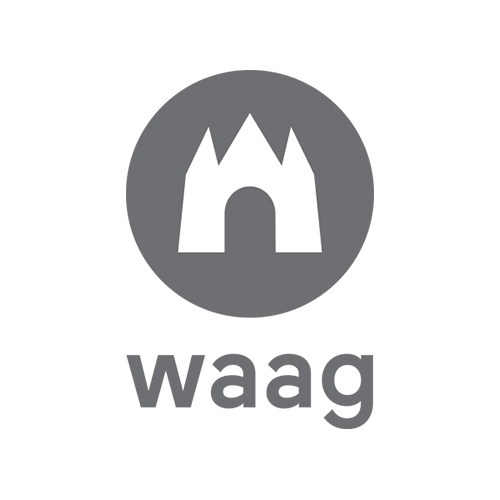
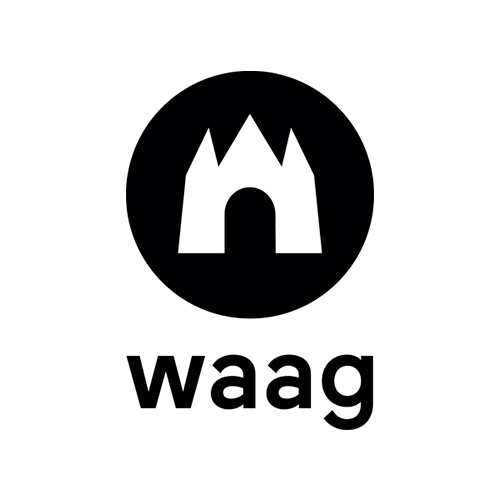
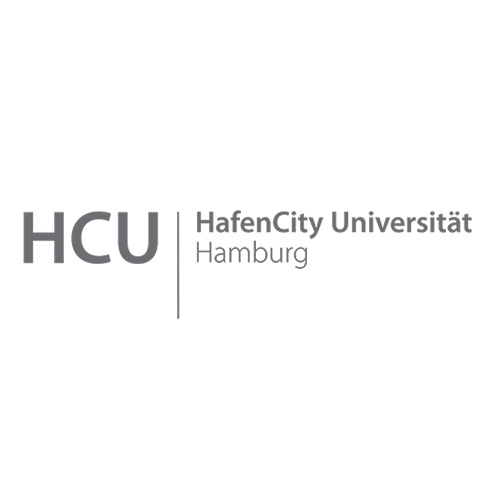
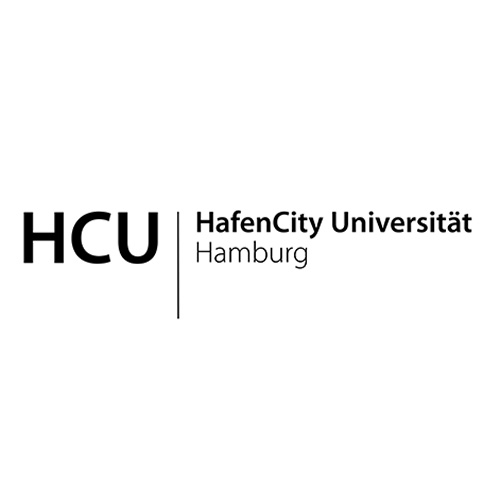
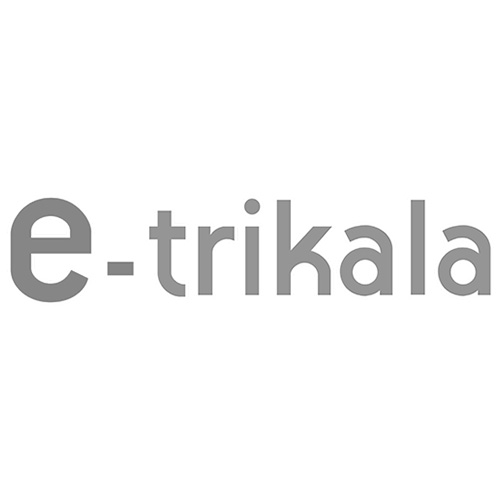
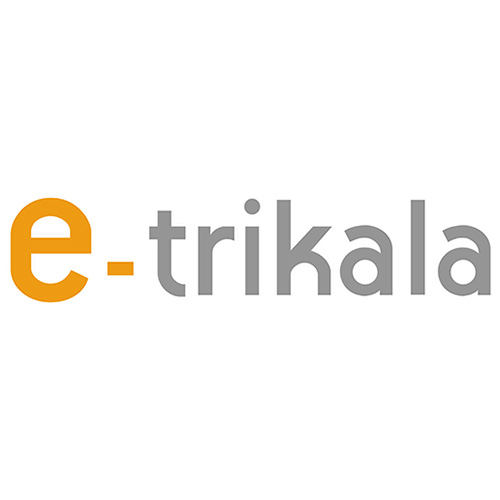




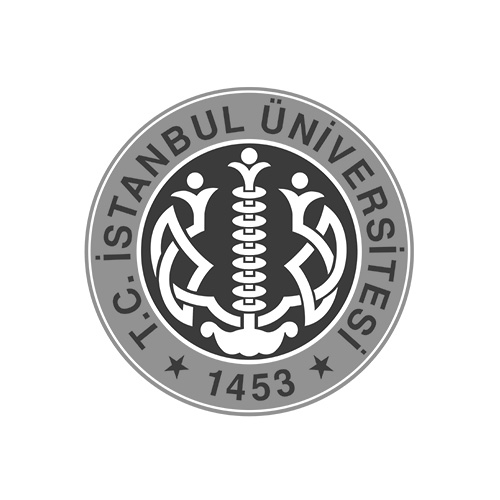
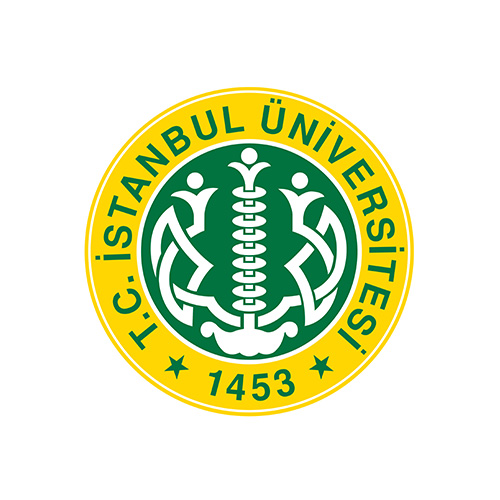


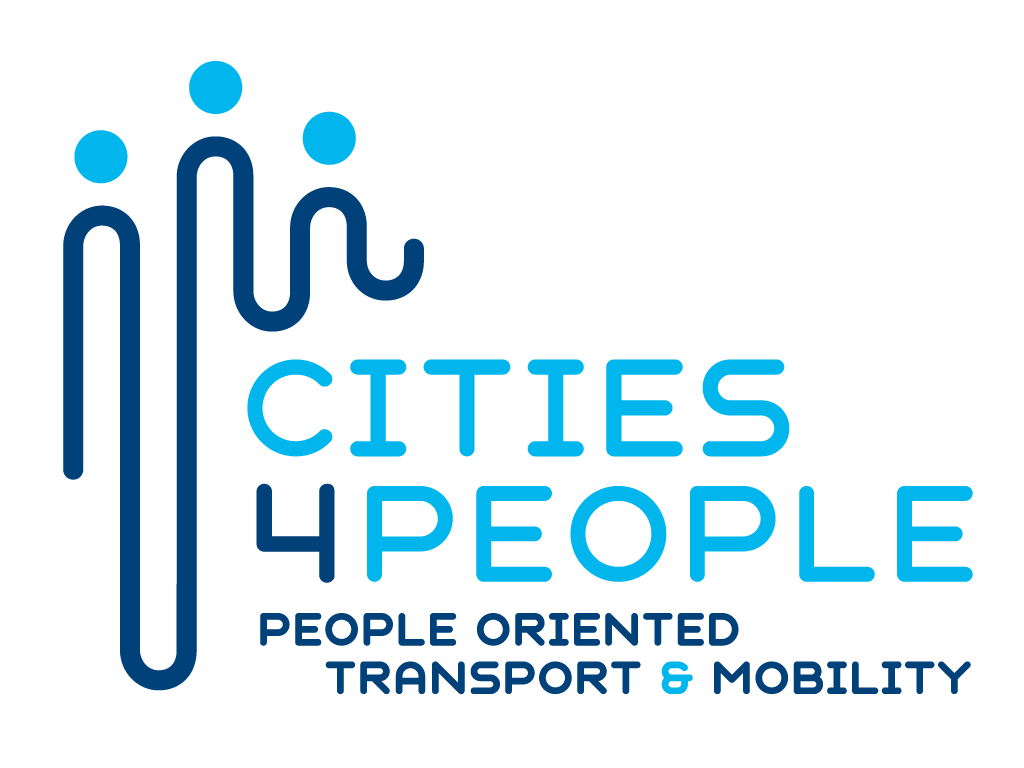
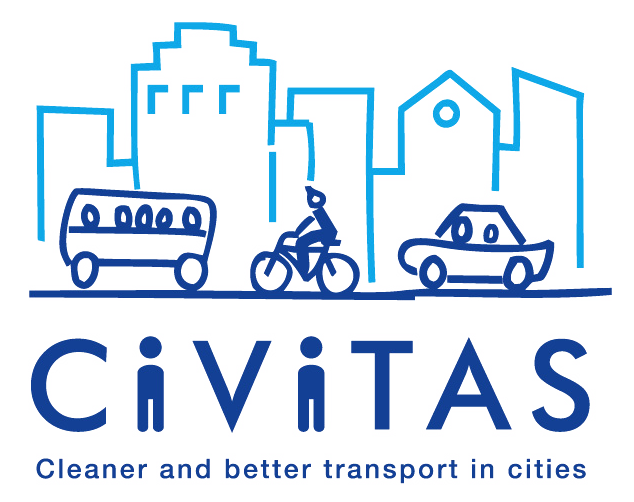


 Magyar
Magyar Ελληνικά
Ελληνικά Deutsch
Deutsch Turkish
Turkish